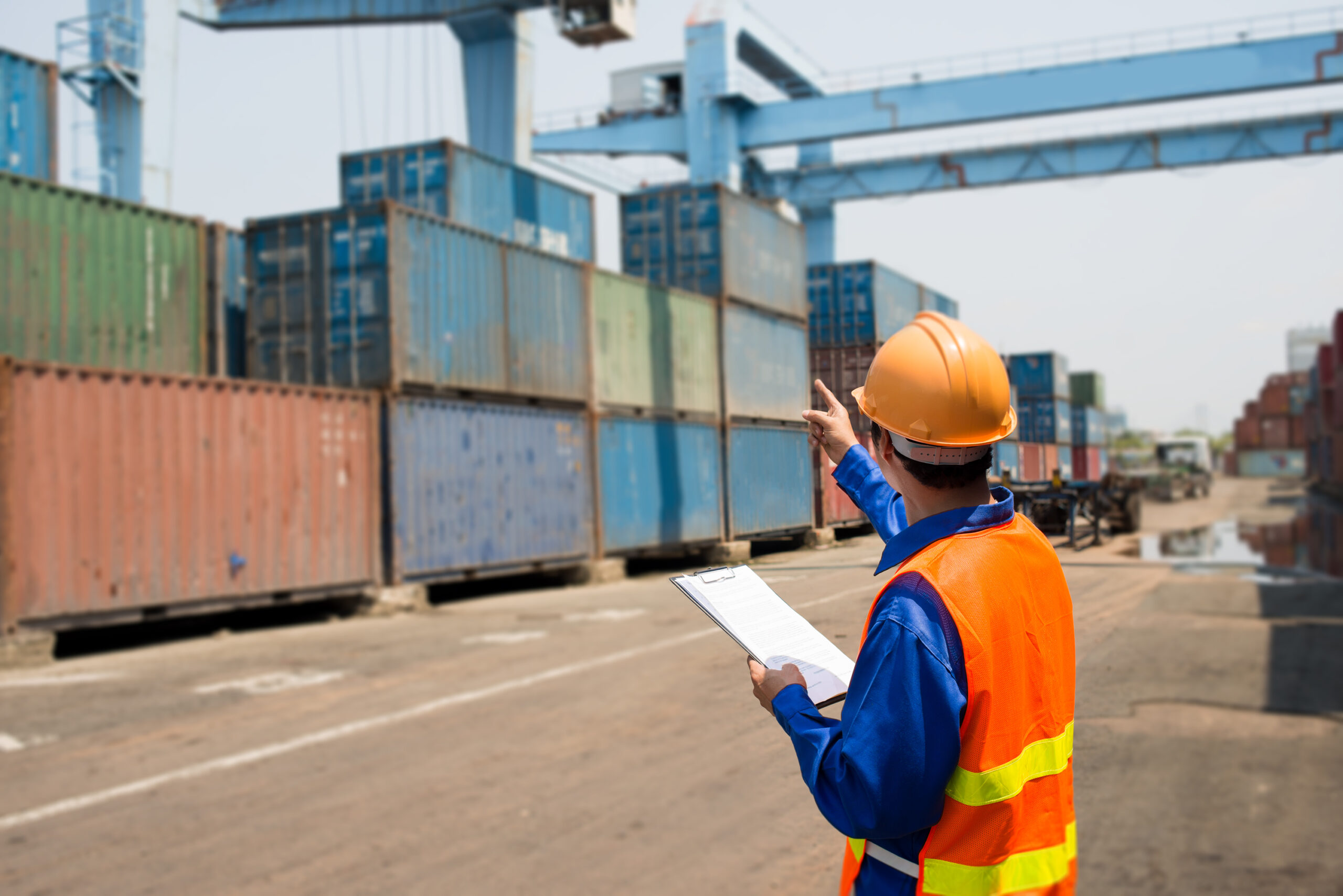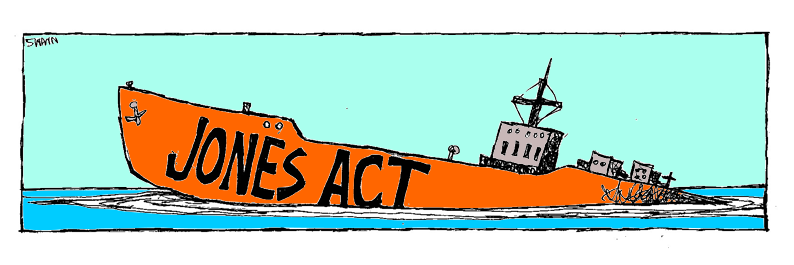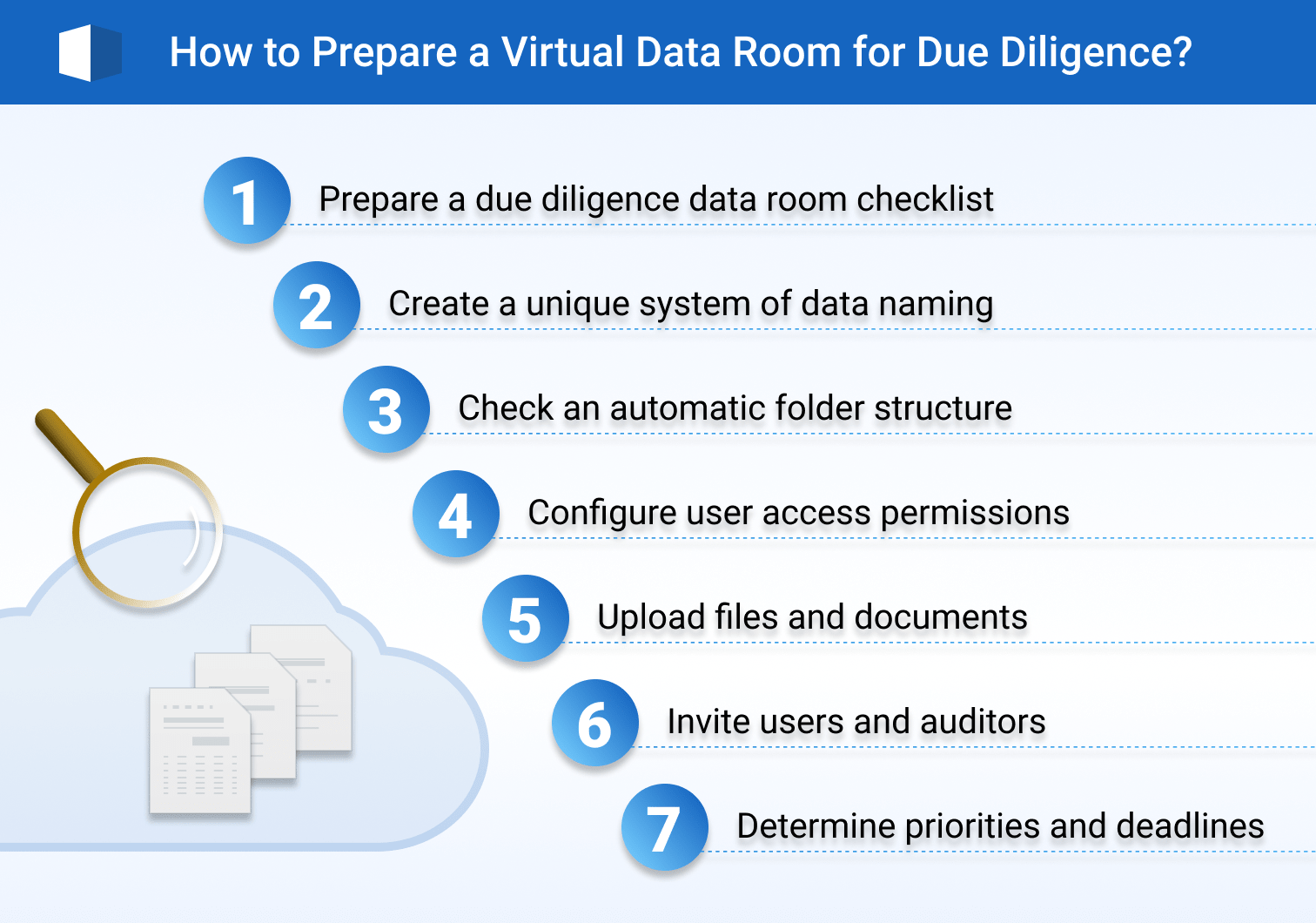When it comes to the maritime industry, longshoremen and harbor workers play a vital role in ensuring the smooth operations of ports and harbors. However, their work can be physically demanding and dangerous, exposing them to various risks and potential injuries. In order to protect the rights and well-being of these workers, the Longshoreman and Harbor Workers’ Compensation Act (LHWCA) was enacted.
This comprehensive federal legislation provides compensation and benefits for longshoremen and harbor workers who suffer work-related injuries or illnesses. In this article, we will delve into the details of the LHWCA and explore its significance in safeguarding the welfare of maritimeworkers.
Understanding The Longshoreman And Harbor Workers Compensation Act (LHWCA)
The Longshore and Harbor Workers’ Compensation Act (LHWCA) is a federal law that provides compensation, medical care, and other benefits to maritime workers who are injured or become ill while working on navigable waters, docks, terminals, piers, or other maritime areas. Enacted in 1927 and later amended, the LHWCA aims to ensure that longshoremen and harbor workers are adequately protected in the event of work-related injuries or illnesses.
Coverage Under The LHWCA
The LHWCA covers a wide range of maritime employees, including longshoremen, harbor workers, ship repairers, shipbuilders, and other individuals engaged in maritime-related activities. To be eligible for benefits under the LHWCA, the worker must be engaged in maritime employment and the injury or illness must occur upon the navigable waters of the United States or in adjoining areas used in maritime activities.
Filing A Claim Under The LHWCA
To initiate a claim under the LHWCA, the injured worker or their representative must complete Form LS-203, Employee’s Claim for Compensation. This form requires detailed information about the worker, the injury or illness, and the circumstances surrounding the incident. The completed form should be submitted to the nearest office of the Division of Longshore and Harbor Workers’ Compensation (DLHWC).
Benefits And Compensation
Under the LHWCA, injured longshoremen and harbor workers are entitled to receive compensation for their disability or loss of wage-earning capacity. The amount of compensation is determined based on the worker’s average weekly wage and the extent of their disability. Benefits may be paid for temporary total disability, temporary partial disability, permanent total disability, or permanent partial disability.
Medical Care And Rehabilitation Services
In addition to compensation, the LHWCA provides for necessary medical treatment and rehabilitation services for injured longshoremen and harbor workers. This includes doctor visits, hospitalization, surgeries, prescription medications, and prosthetic devices. Rehabilitation programs aim to restore the worker’s physical abilities and help them reintegrate into the workforce.
Return-To-Work Programs And Vocational Rehabilitation
The LHWCA recognizes the importance of assisting injured longshoremen and harbor workers in returning to gainful employment. Return-to-work programs and vocational rehabilitation services are available to help workers transition back into the workforce after their injuries. These programs provide training, education, and job placement assistance to ensure that workers can resume their careers or explore new employment opportunities.
Occupational Diseases And Pre-Existing Conditions
The LHWCA not only covers injuries resulting from accidents but also compensates workers for occupational diseases and aggravation of pre-existing conditions. Longshoremen and harbor workers who develop illnesses or have existing medical conditions that are exacerbated or caused by their work activities are eligible for compensation under the act. It is important to provide medical evidence linking the condition to the work environment to establish a valid claim.
Employer’s Responsibilities And Compliance
Employers in the maritime industry have specific responsibilities under the LHWCA. They are required to maintain adequate workers’ compensation insurance coverage or self-insurance to provide benefits to their employees in case of work-related injuries or illnesses. Employers must also promptly report any injuries or illnesses to the DLHWC and cooperate in the claims process. Failure to comply with these obligations can result in penalties and legal consequences.
Dispute Resolution And Appeals
In cases where there are disputes or disagreements regarding the compensation or benefits provided under the LHWCA, the act provides a mechanism for resolution. The Office of Workers’ Compensation Programs (OWCP) oversees the adjudication process, which involves informal conferences, formal hearings, and appeals to administrative law judges. If necessary, further appeals can be made to higher administrative bodies and the federal court.
Importance Of Legal Representation
Navigating the complexities of the LHWCA can be challenging for injured longshoremen and harbor workers. Therefore, it is advisable to seek legal representation from attorneys who specialize in maritime law and workers’ compensation. Experienced lawyers can provide guidance, advocate for the worker’s rights, gather necessary evidence, and ensure that their clients receive fair and just compensation under the LHWCA.
Conclusion
The Longshore and Harbor Workers’ Compensation Act (LHWCA) serves as a crucial safeguard for longshoremen and harbor workers in the maritime industry. It ensures that they receive proper compensation, medical care, and rehabilitation services in the event of work-related injuries or illnesses. By understanding their rights and the benefits provided by the LHWCA, maritime workers can navigate the claims process with confidence and seek the assistance they need to recover and return to work.
The LHWCA’s comprehensive coverage extends to a wide range of maritime employees, including longshoremen, harbor workers, shipbuilders, and ship repairers. It encompasses injuries and illnesses that occur on navigable waters or in maritime areas used for work-related activities. By providing a safety net for these workers, the LHWCA promotes a fair and equitable work environment within the maritime industry.
In the unfortunate event of a work-related injury or illness, filing a claim under the LHWCA is the first step towards receiving compensation and benefits. The process involves completing Form LS-203, Employee’s Claim for Compensation, and submitting it to the nearest office of the Division of Longshore and Harbor Workers’ Compensation. It is essential to provide accurate and detailed information about the incident and the resulting injury or illness to ensure a smooth claims process.
Once a claim is approved, injured longshoremen and harbor workers become eligible for various benefits and compensation. The amount of compensation is determined based on factors such as the worker’s average weekly wage and the extent of their disability. The LHWCA provides temporary and permanent disability benefits, ensuring that workers receive financial support during their recovery period and beyond if their injuries result in permanent impairment.
In addition to monetary compensation, the LHWCA ensures that injured workers receive necessary medical care and rehabilitation services. This includes access to doctors, hospitals, surgeries, medications, and prosthetic devices. Rehabilitation programs are available to help injured workers regain their physical abilities and reintegrate into the workforce through vocational training and job placement assistance.
The LHWCA recognizes that some injuries and illnesses may develop gradually over time due to the nature of the work. It covers occupational diseases and the aggravation of pre-existing conditions, acknowledging the long-term effects of maritime employment. Workers who experience such conditions can seek compensation and benefits under the act by providing medical evidence linking their condition to their work environment.
Employers within the maritime industry have specific responsibilities under the LHWCA. They are required to maintain adequate workers’ compensation insurance coverage or be self-insured to provide benefits to their employees. Prompt reporting of injuries and illnesses to the DLHWC is crucial, as it ensures that workers receive timely assistance. Employers must also cooperate in the claims process to facilitate the smooth resolution of cases.
In cases where disputes arise regarding compensation or benefits, the LHWCA provides a mechanism for resolution. The Office of Workers’ Compensation Programs oversees the process, which includes informal conferences, formal hearings, and appeals. Workers have the right to legal representation during these proceedings to ensure their rights are protected and upheld.
To conclude, the Longshore and Harbor Workers’ Compensation Act (LHWCA) is a vital piece of legislation that safeguards the rights and well-being of longshoremen and harbor workers in the maritime industry. By providing compensation, medical care, and rehabilitation services, it supports injured workers in their recovery and assists them in returning to work. Understanding the intricacies of the LHWCA and seeking legal representation when needed empowers maritime workers to navigate the claims process successfully and secure the benefits they deserve.
Read Also:
- Maritime Lawyer: Protecting Your Rights At Sea
- Longshoremen Harbor Workers Compensation Act: Ensuring Protection For Maritime Workers
- Insurance: Understanding The Basics And Making Informed Decisions
- Best Life Insurance Companies For Families
- Jones Act Law: Protecting Maritime Workers And Promoting Economic Growth






